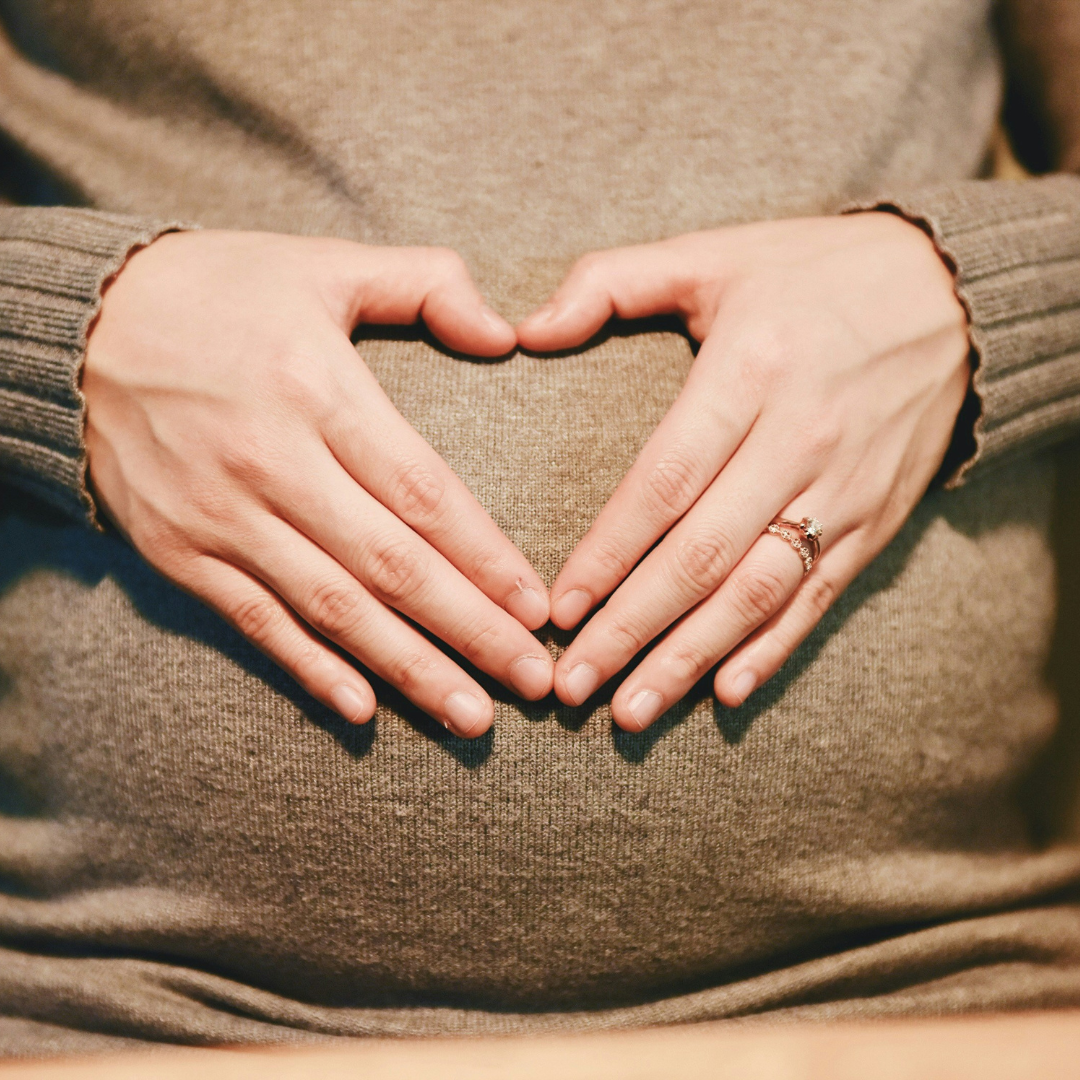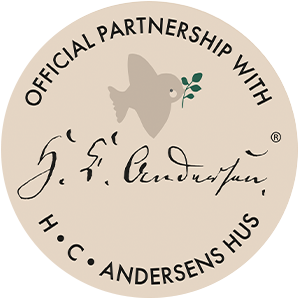

Filled with rapid growth, constant change, and countless milestones, the newborn stage is one of the most precious yet challenging times in your baby's life. But how long does this special time really last?
The answer to how long your baby is considered a newborn isn’t as straightforward as it may seem. Emotional, physical, and medical factors vary, and developmental milestones differ from child to child, making it difficult to pinpoint an exact number of days, weeks, or months that define the newborn period. In this article, we’ll explore the different answers to this question, what defines a newborn, the key milestones that mark the end of this stage, and what to expect as your child grows.
The medical definition for a newborn, also known as ‘neonate’, according to the World Health Organization (WHO), is a baby from the day of birth and until their 28th day of life – so roughly your baby’s first month of life. This stage is defined by critical stages of development for babies, from learning how to breathe on their own, to regulating their own temperature and understanding how to interact with their new environment.
However, many medical experts disagree with this definition and consider the newborn stage to last until a baby is 12 weeks of age, whilst many parents even consider their baby to be a newborn until it is up to 6 months old.
The newborn stage of your baby’s life is an essential period, filled with significant events and various firsts, as it sets the baseline for your little one’s health and development for the rest of their life. Regardless of the definition used – whether you consider a newborn to be a baby up until their 4th or 12th week of life – this stage marks your baby’s sleep habits and feeding patterns begin to establish themselves, as well as their immune system and responses to stimuli being developed, as they adapt to life outside the womb.
To ensure the healthy development of your newborn, you may notice your doctor or midwife paying special attention to your little one's weight, growth and responses in the early weeks of their life. Regular monitoring of development is essential, as newborns are far more vulnerable to health complications, illness and infections due to their lack of a developed immune system. Using an app to record naps, feedings, notes and milestones – such as the Moonboon App – can make tracking your little one's development a lot easier and help prepare you for those all-important doctors' check-ups.
With that said, it's important to always remember that there is no one-size-fits-all approach to child development, so don’t stress if some of your little ones’ milestones come a little later or earlier than ‘usual’.
After the first four weeks of life, your baby is no longer medically classified as a newborn but instead moves into the infant stage, which typically lasts until their first birthday. Despite your baby no longer being medically categorized as a 'newborn,' many of the typical traits and behaviors of this stage—such as limited mobility, unpredictable sleeping patterns, and frequent hunger and feeding needs—don’t disappear overnight. These behaviors can persist for up to six months before transitioning to what is considered typical 'infant behavior.'
Once your little one is reaching the end of the newborn stage, there are certain changes in their behavior that you may notice, that indicate your baby is entering the infant stage. Typically, your little one may exhibit improved motor control, such as being able to intentionally grasp things rather than doing so out of reflex. Additionally, babies at the end of the newborn stage tend to be more alert, seeming more focused when awake, specifically around voices or faces that are becoming known to them, as well as getting more adapt at responding to social cues, such as smiling back at you.
It can often be stress-inducing to feel like you are stuck between stages or phases, specifically when there are other newborns and babies around developing at different speeds or in different ways, however, don’t forget that this is normal. Just follow your baby’s cues to figure out what it is that they need, focus on building emotional security, enjoy the moments and record your little one’s development without comparison.
Watching your baby grow and moving beyond the newborn phase can feel like an emotional rollercoaster—relief, sadness, excitement, and nostalgia all mixing together. However, this shift often means you're nearing the end of those endless sleepless nights and constant feeding cycles. The end of this stage marks your baby’s first major transition, and your own first as a parent. So, embrace the cuddles and feel all the emotions—it’s all part of the parenthood journey.
As your little one continues to grow and move beyond the newborn stage, you will notice changes all the time. They will be awake and alert longer, dazzle you with their first heart-melting smiles and grow more curious about the world around them.
Watching your child grow and reach new milestones, like starting to babble, rolling over on their own, and even attempting to sit or stand without your help, is one of the most rewarding parts of the parenthood journey. However, it can also feel overwhelming as it seems like everything is happening all at once. To help you feel prepared and guide you through the developments ahead, we’ve created a detailed, step-by-step guide to your little one’s milestones during their first year. So, if you're wondering what to expect, be sure to give it a read.
In the meantime, enjoy every moment – from small firsts to major milestones – they are all worth celebrating!
































